Fatty Liver Disease and the Role of Glutathione
Fatty liver disease has become one of the most common liver conditions worldwide, closely linked to rising rates of obesity, poor diet, and metabolic disorders. What was once considered a rare issue is now estimated to affect up to 25–30% of the global population, often going unnoticed until it begins to interfere with liver function.
At the same time, there’s increasing interest in how the body’s natural antioxidant systems—particularly glutathione—play a crucial role in protecting the liver and potentially supporting recovery.
What is Fatty Liver Disease?
Fatty liver disease occurs when excess fat accumulates in the liver. There are two main types:
Non-Alcoholic Fatty Liver Disease (NAFLD): Fat buildup unrelated to alcohol consumption, often associated with insulin resistance, high cholesterol, obesity and poor diet.
Alcoholic Fatty Liver Disease (AFLD): Caused by excessive alcohol intake, which damages liver cells and promotes fat accumulation.
Over time, fatty liver can progress into non-alcoholic steatohepatitis (NASH), fibrosis, and even cirrhosis if not addressed. Early intervention is key, as the liver has remarkable regenerative potential when supported properly.
Why Glutathione Matters
Glutathione is often called the “master antioxidant” because of its central role in detoxification, immune defense, and cellular repair. It is produced naturally in the body, primarily in the liver, and is made from three amino acids: glutamine, cysteine, and glycine.
In the context of fatty liver disease, glutathione helps in several critical ways:
Protects Against Oxidative Stress
Fat accumulation in the liver leads to increased free radical production, which damages liver cells. Glutathione neutralizes these free radicals, preventing progression from simple fatty liver to inflammation and scarring.Supports Detoxification
The liver is the body’s main detox organ, breaking down toxins, alcohol, medications, and metabolic byproducts. Glutathione is essential for binding and eliminating these toxins safely.Reduces Inflammation
Chronic inflammation drives the progression of fatty liver disease. Glutathione modulates inflammatory pathways and helps maintain a healthier balance within liver tissue.Improves Insulin Sensitivity
Research suggests low glutathione levels are linked to insulin resistance—a major driver of NAFLD. Supporting glutathione may therefore improve both blood sugar control and liver health.
Signs You May Be Low in Glutathione
Fatigue and low energy
Poor detoxification (sensitivity to alcohol, medications, or chemicals)
Frequent illness or slow recovery
Chronic inflammation or pain
Worsening liver enzyme levels
Because glutathione levels naturally decline with age, stress, poor diet, environmental toxins, and chronic illness, supporting it becomes especially important in those at risk for fatty liver.
How to Support Glutathione Levels
Dietary Support
Foods rich in sulfur (garlic, onions, cruciferous vegetables) boost glutathione production.
Protein sources like eggs and lean meats supply the building blocks (amino acids).
Antioxidant-rich foods such as berries and green tea reduce glutathione demand.
Lifestyle Strategies
Regular exercise improves glutathione activity in the liver.
Reducing alcohol and sugar intake lightens the liver’s load.
Quality sleep and stress reduction help maintain antioxidant balance.
Supplements
N-acetylcysteine (NAC): A precursor to glutathione, shown to raise levels effectively.
Alpha-lipoic acid: Regenerates glutathione and other antioxidants.
Direct glutathione supplementation: Available orally, liposomally, or via intravenous (IV) infusion for enhanced absorption.
Glutathione IV Therapy and Fatty Liver
For individuals with advanced liver stress or those seeking more intensive support, IV glutathione therapy is being explored as a promising option. Delivered directly into the bloodstream, IV glutathione bypasses digestive limitations and can rapidly replenish depleted stores. Some clinical studies suggest that glutathione therapy may reduce liver enzyme levels, improve detoxification, and protect against further damage.
Final Thoughts
Fatty liver disease is on the rise, but it doesn’t have to be a life sentence. By focusing on nutrition, lifestyle changes, and targeted antioxidant support, it’s possible to halt and even reverse liver fat accumulation.
Glutathione stands out as one of the most powerful allies for liver health. Whether through diet, supplementation, or IV therapy, maintaining healthy glutathione levels may be a key step in protecting the liver, reducing inflammation, and supporting long-term wellness.
References
Lee TH, et al. The role of oxidative stress in the pathogenesis of non-alcoholic fatty liver disease. Gut Liver. 2015;9(2):206–214. PubMed PMID: 25834831
García-Ruiz C, Fernández-Checa JC. Mitochondrial glutathione: hepatocellular survival-death switch. J Gastroenterol Hepatol. 2006;21 Suppl 3:S3–S6. PubMed PMID: 16958665
Choe JY, et al. Glutathione as an antioxidant in liver diseases. J Korean Med Sci. 2014;29(9):1235–1245. PubMed PMID: 25246742
Iwata H, et al. Effect of intravenous glutathione administration in patients with fatty liver: a randomized controlled pilot study. BMC Gastroenterology. 2015;15:34. PubMed PMID: 25885889
Zhang H, et al. N-acetylcysteine attenuates oxidative stress and liver fibrosis in experimental models of non-alcoholic fatty liver disease. Liver Int. 2016;36(3):348–357. PubMed PMID: 26382879
